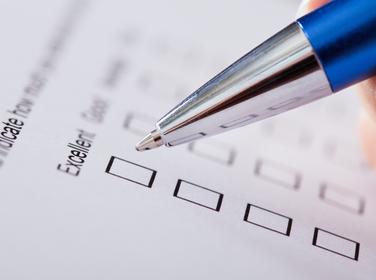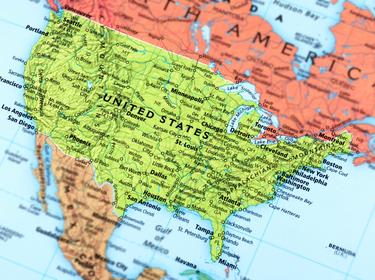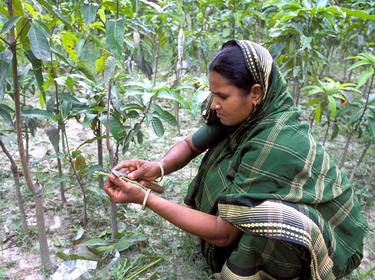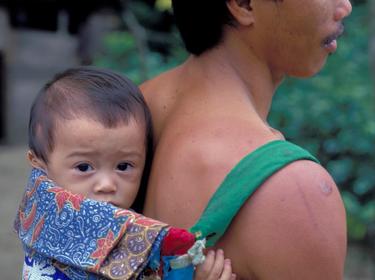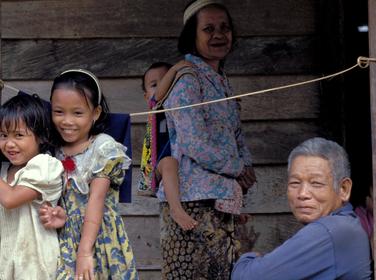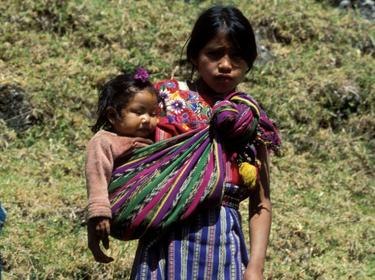Tools
-
-
Chesapeake Bay Model Inventory and Selection Tool (MIST) January 19, 2023
-
Mid-Atlantic Regional Climate Impacts Summary and Outlook: Fall 2022 December 23, 2022
-
Mapping Chinese and Russian Military and Security Exports to Africa December 13, 2022
-
Permanent Supportive Housing in Los Angeles County: A Map-Based Tool September 27, 2022
-
Mid-Atlantic Regional Climate Impacts Summary and Outlook: Summer 2022 September 22, 2022
-
Concurrent Policies Simulation Tool August 19, 2022
-
China's Weapons Exports and Private Security Contractors August 19, 2022
-
How the Effects of Racial Bias Compound July 27, 2022
-
Mass Attacks Defense Toolkit May 31, 2022
-
Mid-Atlantic Regional Climate Impacts Summary and Outlook: Fall 2021 December 21, 2021
-
Command Narrative Smart Guide November 15, 2021
-
Serious Illness Survey for Home-Based Programs November 02, 2021
-
Serious Illness Survey for Home-Based Programs: Spanish-Language Version November 02, 2021
-
Handbook for Tactical Operations in the Information Environment October 04, 2021
-
Citizen Science for Disasters: A Guide for Community Groups September 29, 2021
-
Citizen Science for Disasters: A Guide for Local Health Departments September 29, 2021
-
Mid-Atlantic Regional Climate Impacts Summary and Outlook: Summer 2021 September 20, 2021
-
School Turnaround Cost Analysis Tool September 09, 2021
-
The Information Warfighter Exercise Wargame: Rulebook August 24, 2021
RAND tools may include models, databases, calculators, computer code, GIS mapping tools, practitioner guidelines, web applications, and various toolkits. All RAND tools undergo rigorous peer review to ensure both high data standards and appropriate methodology in keeping with RAND's commitment to quality and objectivity.
